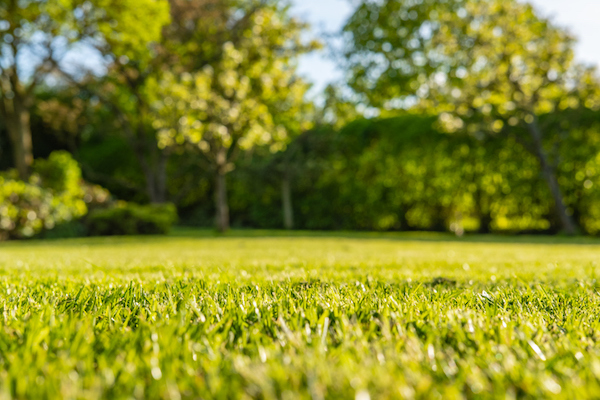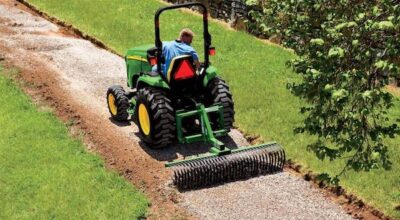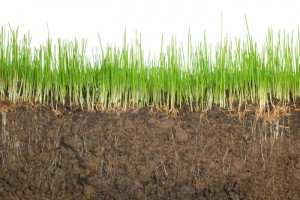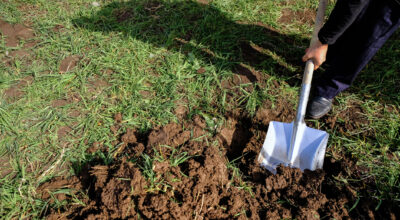If you’re worried about the state of your lawn or garden, you might want to take a look at the soil. Without the proper foundation, your lawn or garden is bound to falter, and it all starts with the right soil. Soil testing is essential to ensuring that your field has the right nutrients to help it grow strong for years to come. Let’s take a look at some of the tips you can take into account to test your soil and make sure everything is in working order.

Test for phosphorus, potassium and pH.
Garden soil pH levels should ideally fall between 6.0 and 7.0. If soils are too acidic, lime can be applied to rectify the situation; sulfur can be applied if alkaline is the issue. Proper levels of phosphorus are also necessary to help build healthy root systems and support flowering. Potassium is essential to developing disease resistance within plants.
Apply organic matter.
A higher percentage of soil organic matter is necessary if lawn and garden owners want to improve their ground’s ability to withhold water and nutrients. With more organic matter, a garden may be able to stand up to more heat and drought stress. In the event that a garden needs more organic matter, individuals can add compost or mulch to the ground.
Take samples from multiple areas of the yard or garden.
In a 10×10 garden, for example, individuals may want to move in from the corners and sides and take numerous samples. Then, each of the samples can be mixed together to create a single sample for testing purposes. The ultimate goal is to create a comprehensive view of the nutrients within the entire area.
Do not include any surface vegetation in samples.
To gather a sample within a garden, individuals can dig a small hole which is about a foot deep. After the hole is dug, a spade can be used to peel off a slice of the edge of the hole, collecting only the top 6-to-10 inches of the soil profile.
Continue testing as time goes on.
A baseline soil test should be conducted, followed by routine tests every five years to evaluate how gardening and lawn practices are impacting the health of the soil.
If you have any questions about John Deere lawn and garden equipment, you can contact your local John Deere dealer.
If you enjoyed this post or want to read others, feel free to connect with us on Facebook, Pinterest, or Twitter!


